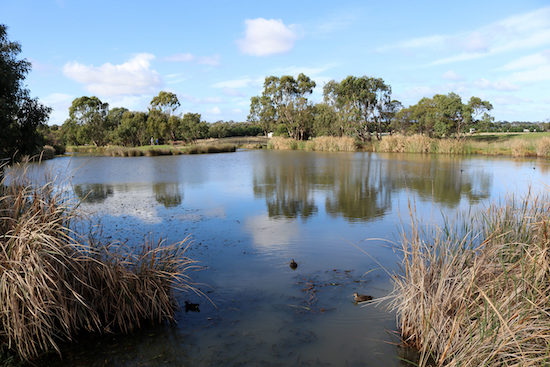Featured in

- Published 20230502
- ISBN: 978-1-922212-83-2
- Extent: 264pp
- Paperback (234 x 153mm), eBook


Already a subscriber? Sign in here
If you are an educator or student wishing to access content for study purposes please contact us at griffithreview@griffith.edu.au
Share article
More from author

The Gordon cult
Non-fictionFrom a modern perspective Gordon makes an odd choice for a national poet, since he wrote only rarely about the country that embraced him. He set many of his popular verses in England and studded the others with the classical references familiar to an English gentleman. Yet before the passage of the 1931 Statute of Westminster – or, more exactly, until similar laws passed through the Australian Parliament in 1942 – Britain retained the legal right to determine foreign relations for the Australian Commonwealth. Accordingly, prior, during and for some time after the Great War, respectable Australian nationalism generally manifested as Empire patriotism.
More from this edition

On undoing
Non-fictionI am forty before I visit Europe, still ignorant that a century before me my great-grandfather had walked those same cobblestones. That he had fought in a war that did not reward him with any meaningful welcome on his return home. Now that I know, I yearn to go back and breathe that air, knowing that William was there.

The emperor’s new opponent
Non-fictionAsk many of my colleagues to define AI and they will tell you…that it’s about getting computers to do tasks that humans require intelligence to perform. Or, to put it another way, it’s about faking human performance on intelligent tasks.

On the right track
Non-fictionWhen the National Cultural Policy was released, the Albanese government stated their commitment to developing legislation to protect Indigenous Cultural and Intellectual Property. At last there will be a legal framework which can not only protect Indigenous peoples’ rights, but also set the pathway for better sharing of culture and greater respect for Indigenous cultures as the oldest living cultures in the world.